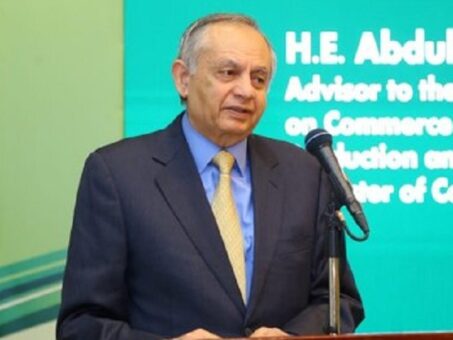KARACHI: Federal Board of Revenue (FBR) has been suggested to draft new legislation for taxation of Islamic banking.
It is proposed that the audited financial statements of Islamic banks as well as those of Islamic Banking branches/windows operations of conventional banks provided separately in the audited financial statements of conventional banks submitted to the State Bank of Pakistan should be taken as basis of calculation for income tax.
Overseas Investors Chamber of Commerce and Industry (OICCI) in tax proposals of budget 2019/2020 highlighted:
Rule 3: Treatment for Shariah compliant banking—
— Any special treatment for “Shariah Compliant Banking” approved by the State Bank of Pakistan shall not be provided for any reduction or addition to income and tax liability for the said “Shariah Compliant Banking” as computed in the manner laid down in this schedule.
— A statement, certified by the auditors of the bank, shall be attached to the return of income to disclose the comparative position of transaction as per Islamic mode of financing and as per normal accounting principles. Adjustment to the income of the company on this account shall be made according to the accounting income for purpose of this schedule.
It is recommended that new legislation to be drafted to provide neutrality in the light of below:
— The audited financial statements of Islamic Banks as well as those of Islamic banking operations of conventional banks provided separately in the audited financial statements of conventional banks and submitted to the State Bank of Pakistan shall form the basis for the calculation of income tax liability as provided in this Schedule.
The OICCI said that the objective of Rule 3 of 7th Schedule was to provide tax neutral treatment to IBIs, however, it is difficult to meet the condition of Sub-Rule (2) of Rule 3, keeping in view the diversified nature of Islamic banking transactions and equating each transaction to a conventional equivalence and then getting it certified by the auditor which is time consuming and costly for Islamic Banking Institutions. Moreover, it does not give space for differentiated transactions as each transaction from Income Tax purpose has to be equated with a conventional transaction.
It is thus proposed that the audited financial statements of Islamic Banks as well as those of Islamic Banking branches/windows operations of conventional banks provided separately in the audited financial statements of conventional banks submitted to the State Bank of Pakistan should be taken as basis of calculation for income tax with additions and deductions as provided in the Seventh Schedule to the Income Tax Ordinance, 2001 which is applicable to the entire banking industry in Pakistan.

